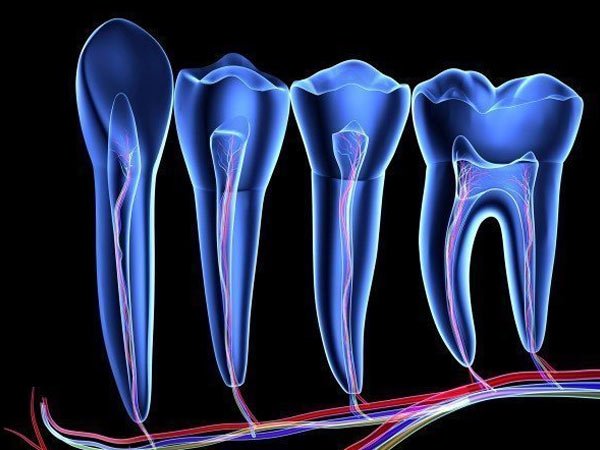Dental clinicians worldwide are extremely excited about a recent discovery that has the potential to be groundbreaking on many different medical fronts. Researchers have recently reported that they have found valuable stem cells, in of all places, teeth! A stem cell is an undifferentiated cell of a multi-cellular organism that is capable of giving rise to indefinitely more cells of the same type, and from which certain other kinds of cells arise by differentiation. With this new discovery it is believed that if the stem cells are properly harvested and stored from our teeth, that in the future they can be used to potentially help cure a number of diseases. Some examples of diseases that could benefit from this discovery are Parkinson’s, diabetes, and a variety of cancers.
This unforeseen source of these invaluable cells could potentially offer researchers a new perspective from which the cells are obtained and how they are used, whether it is for therapeutic or research purposes. These new routes could potentially limit some of the controversy regarding stem cell research, as they do not use embryos, and new evidence and discoveries are happening daily. Currently the most prominent issues regarding stem cell research include the following:
- Embryonic stem cells carry technical and ethical challenges.
- Bone marrow stem cells are very painful to collect.
- Cord blood stem cells can only be harvested at time of birth.
One of the most convenient aspects of this new discovery is that dental stem cells are in an extremely accessible area to harvest. These stem cells contained within teeth are capable of replicating themselves and can be readily recovered at the time of a planned dental procedure with nominal inconvenience to the patient. As far as the harvesting technique, extracting the tooth itself poses a much lower risk than harvesting the stem cells through alternative, more invasive surgical procedures. These alternatives can result in more discomfort for the patient, while simple extractions usually result in far fewer complications.
Unfortunately, stem cells in the human body lose their regenerative abilities over time. The earlier in life that your family’s stem cells are secured, the more valuable they will be when they are potentially needed the most. Hopefully research advances so that we can all start investing in our futures not only through routine dental care, but with an additional step at the dentist that can potentially be lifesaving down the road!


